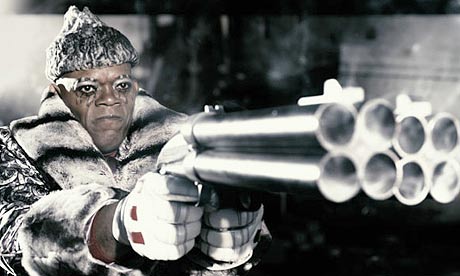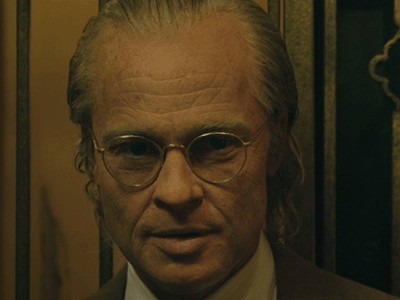
Dateline Los Angeles, the 1920s. Christine Collins (Angelina Jolie) is a hard-working, tram-taking single mother who comes home one afternoon to find her pre-teen son gone without a trace. The LAPD promise to leave no stone unturned in their search for her boy, and after six months of heartbreak they deliver the miracle Christine prayed for. Only maybe it isn't a miracle at all, as she rapidly becomes convinced the boy returned to her is a stranger. But the 1920s is no time for a single mother to speak out against the law and soon she's being dragged off to the nuthouse, while in a farm outside LA another possible - and far more grisly explanation - for her son's disappearance is being uncovered. Director Clint Eastwood's usual sure-footed approach to crime drama stumbles a little as this film (based on a true story) dances between the lofty but plodding tale of one woman against the system and an energetic but tangential police investigation into a farmer turned serial child-killer. Much of the problem lies with the central character: Christine is a dull but worthy saint who is frustratingly passive in this male-dominated tale, and Jolie never gets under her skin. Eastwood's skill in combining human characters with pulp storytelling has served him well in the past, but Changeling is mostly a strident, flat-footed effort seemingly aimed more at grabbing awards than entertaining viewers.
Anthony Morris (this review was published in Forte #447)





